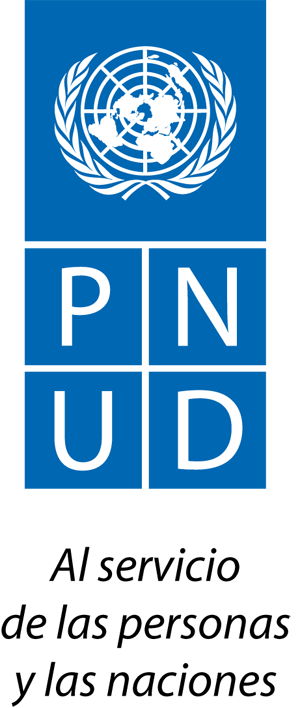
Goal 8: Decent work and economic growth
Promote inclusive and sustainable economic growth, employment and decent work for all
Over the past 25 years the number of workers living in extreme poverty has declined dramatically, despite the long-lasting impact of the economic crisis of 2008/2009. In developing countries, the middle class now makes up more than 34 percent of total employment – a number that has almost tripled between 1991 and 2015.
However, as the global economy continues to recover we are seeing slower growth, widening inequalities and employment that is not expanding fast enough to keep up with the growing labour force. According to the International Labour Organization, more than 204 million people are unemployed in 2015.
The Sustainable Development Goals (SDGs) aim to encourage sustained economic growth by achieving higher levels of productivity and through technological innovation. Promoting policies that encourage entrepreneurship and job creation are key to this, as are effective measures to eradicate forced labour, slavery and human trafficking. With these targets in mind, the goal is to achieve full and productive employment, and decent work, for all women and men by 2030.
Decent work is one of 17 Global Goals that make up the 2030 Agenda for Sustainable Development. An integrated approach is crucial for progress across the multiple goals.
Learn more about the targets for Goal 8.
- Sustain per capita economic growth in accordance with national circumstances and, in particular, at least 7 per cent gross domestic product growth per annum in the least developed countries
- Achieve higher levels of economic productivity through diversification, technological upgrading and innovation, including through a focus on high-value added and labour-intensive sectors
- Promote development-oriented policies that support productive activities, decent job creation, entrepreneurship, creativity and innovation, and encourage the formalization and growth of micro-, small- and medium-sized enterprises, including through access to financial services
- Improve progressively, through 2030, global resource efficiency in consumption and production and endeavour to decouple economic growth from environmental degradation, in accordance with the 10-year framework of programmes on sustainable consumption and production, with developed countries taking the lead
- By 2030, achieve full and productive employment and decent work for all women and men, including for young people and persons with disabilities, and equal pay for work of equal value
- By 2020, substantially reduce the proportion of youth not in employment, education or training
- Take immediate and effective measures to eradicate forced labour, end modern slavery and human trafficking and secure the prohibition and elimination of the worst forms of child labour, including recruitment and use of child soldiers, and by 2025 end child labour in all its forms
- Protect labour rights and promote safe and secure working environments for all workers, including migrant workers, in particular women migrants, and those in precarious employment
- By 2030, devise and implement policies to promote sustainable tourism that creates jobs and promotes local culture and products
- Strengthen the capacity of domestic financial institutions to encourage and expand access to banking, insurance and financial services for all
- Increase Aid for Trade support for developing countries, in particular least developed countries, including through the Enhanced Integrated Framework for Trade-Related Technical Assistance to Least Developed Countries
- By 2020, develop and operationalize a global strategy for youth employment and implement the Global Jobs Pact of the International Labour Organization
The SDG Fund response
The SDG Fund supports initiatives that tackle inclusive growth from a multisectoral perspective and address the following dimensions:
- Create opportunities for good and decent jobs and secure livelihoods
- Support inclusive and sustainable business practices
- Promote better government policies and fair and accountable public institutions
For example:
- In Cote d’Ivoire, the SDG Fund programme to reduce poverty in the region of San Pedro is working to avoid the worst forms of child labour. Young people (all at least 15 years of age and thus legally permitted to work under local law) have received vocational training and are engaged in income generating activities including aquaculture and chicken rearing, both of which rely on traditional know how and are considered to be very low risk activities. The activities take place with the full support of parents and avoid exploitation of young people in cacao plantations.
- In Honduras, the SDG-F will support income generation through the revitalization of the Lenca culture and the development of sustainable tourism micro businesses in the area, led by youth and women.
- In Peru, the SDG Fund is contributing to establish an inclusive value chain in the production of quinoa and other Andean grains, so that the increased demand in the international market can convert into economic and social improvements of currently vulnerable producers.

